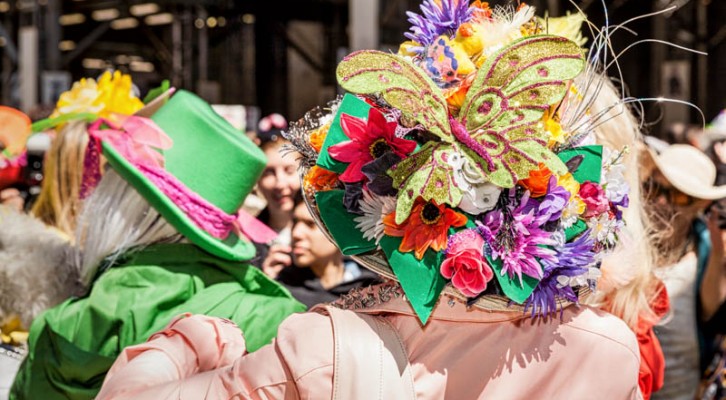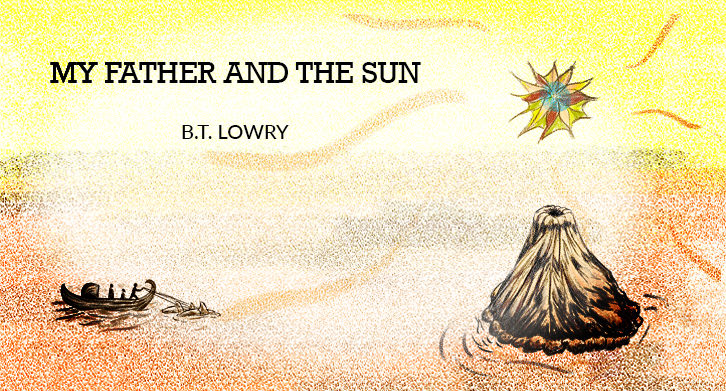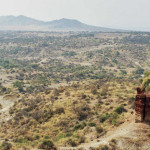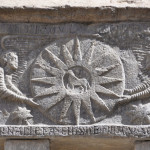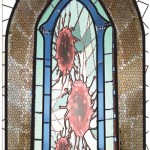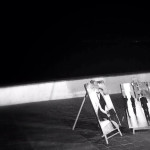Easter, 2010.
Memories float through the air; hopes and fears twirl into the sky, fluid like smoke. No one knows exactly what is happening, except that when Somalia exploded, and the Heat spread across the world, water wasn’t the only thing we lost.
Our minds started wisping off without us. A leader in China forgot about Mao Zedong. His colleagues sent him to a detention center and forgot the reason why. Cooking became a sacred art, once people lost the memory of past flavors and smells. People tried staying awake, but they’d eventually drowse off, and it was often then, while they dreamed, that their trove of thoughts escaped them.
Beth and I have lost everything but each other. We’ve come to Guatemala to make sure we don’t lose that, too. She was the one who suggested it, but she lost that memory in a puff of white. So now when I tell her so, she just looks at me. Even now, as our plane bumps onto the tarmac, she looks at me.
A swirl that looks like finely carded wool frees itself from her head, disappearing into the ceiling. “Jack,” she says. “What does my cousin look like?”
She gazes at me expectantly. I quickly make something up. “He’s kind of stocky. He has a face of red freckles and his hair stands up when he’s slept in.”
“Oh.” She smiles, relieved. “I remember now.”
Out on the tarmac, I remember how bright Guatemala is. Waves of the fateful Heat push themselves off the landscape, blurring lines and colors. The plane shines in the light, a cold jewel. We’re here, in Antigua.
– – –
Easter, 2007.
Streamers run through the air; flocks of colored birds rush up like a wave. I am here alone, staying as a tourist in a hotel room I booked three years ago. The indigenous women on the streets look like living rainbows to my American eyes. Their huipiles are woven with every color of the sun, every shape of the sky.
The procession of people and saints has reached the fourth station of the Cross. Bells toll and swarm, the sound of Mary’s grief for her child. But, Glory be. To the sky and to the Highest. Al cielo y lo mas alto.
The streets are wide here in Antigua. Clowns pirouette over the cobblestones, while crowds cheer and smoke fills the air from burning candles. A sudden burst of fanfare introduces a new saint to me: San Juan de los Caballeros. The Cofradía has dressed him in a fancy blue cloak with white trim. In the sunlight, he looks almost alive. Someone shouts for joy. It’s me.
– – –
2010.
The procession is starting — on a video playing inside the Xiapas Architectural History Museum, titled “A History of Antigua: Holy Days and Festivals.” As we watch, nostalgia creeps up on me.
I start humming to the anodyne old music that buzzes from the speakers. Beth elbows me. “It’s a sacred procession,” she says, and I want to reply, It was.
We decide to look at the rest of the exhibits. There, wandering through rows of glass cases, I find him again: St. Juan de los Caballeros, the saint who never existed.
The years have dimmed the blue of his eyes to a milky murmur. I remember, in the church, when the indigenous people used to dress him in aloha shirts and dancing lights. The museum officials have erroneously traded the old clothes for a woman’s huipile.
My saint is alive with the colors of his robe. He is one of the saints who never was, a fabrication of the Spanish officials for his namesake town — but right now, he is real. Beth’s voice comes to me. “Jack. Let’s go.”
We leave the museum empty and visit the only restaurant still running in town.
During the meal, which is somewhat disappointing, I turn to Beth. “Is this what a rellenito is supposed to taste like?”
She shrugs, glancing at me. Then she does a double-take, her eyes wide. “It’s coming back to you!”
“It’s what?”
“Stop, stop — don’t move.” I freeze as she says cautiously, “A little cloud. A poof. It’s going back into your head.”
I don’t feel anything at first, but then it hits me. “I remember!” I stare at the little fish on my plate. “This isn’t a rellenito, though. They must have been thinking of pescadito.”
The chef is profuse in his thanks for my correction. Then, on our way back to the hotel, Beth gets a memory back. “Jack, remember this street? It’s where we first met.” She points to the palms, the parking lot, the flowers hanging from the window at the corner of the red building — and I remember.
I’m starting to suspect that it’s not just memories. People report forgetting past loves, favorite foods, and Scripture; but what I really think they’re losing is the substance of the present moment.
– – –
Between Then and Then.
The cavalcade glides through the street, carrying me like a wave.
In the thick of the crowd I spot a lady with parrots on her shoulders and her extended hands. The crowd calls her Pajarra, but she says her name is Beth. She is pale and freckly, and her hair stands up when she’s slept in.
We talk through the bells. We walk through the songs.
And now — right now — I tell Beth.
“I remember the way we were in Antigua.”
author
Kevin Shaw lives in Seattle, Washington. He is prone to forgetting things, but he still remembers Antigua.
photo credit: @KevinCase via photopin cc

